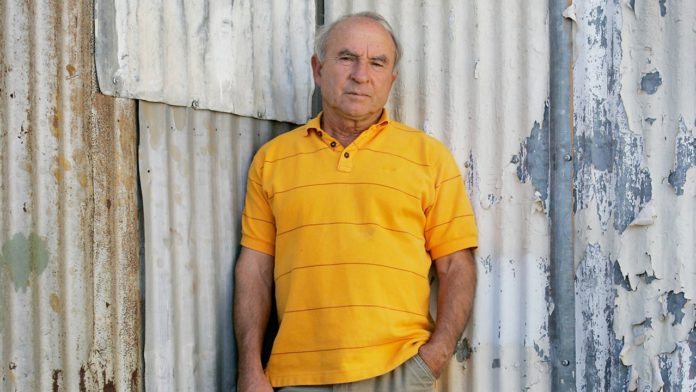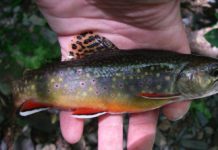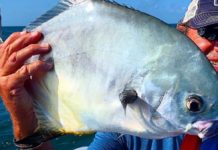Patagonia and its founder Yvon Chouinard have long made a business out of doing the right thing. Its famous 2011 Black Friday ad that instructed customers “Don’t Buy This Jacket” helped sell a ton of jackets. When the company sued then-president Donald Trump in 2017 to protect national monuments in Utah, business boomed again. “[The Black Friday ad] wasn’t a way to sell more product, even though, of course, that jacket sold like crazy,” he said in a 2018 GQ interview. “It’s kind of Zen. You do the right thing and good things happen.” Now, the fly-fishing, mountain-climbing, and whitewater-kayaking founder of Patagonia is giving away his (and his family’s) entire stake in the company he built, according to the New York Times, to ensure that its profits will continue to go to good causes.
The decision comes after a two-year process sparked by Chouinard’s appearance on Forbes’s billionaire’s list. “I was in Forbes magazine listed as a billionaire, which really, really pissed me off,” he told the Times. He began looking for routes to relieve himself of the company responsible for his fortune. This set into motion what was known as Project Chacabuco, in reference to a fishing hole in Chile (and also the name of one of Patagonia’s backpacks).
Chouinard and Patagonia explored all of their options, according to a statement the company put out. Selling the company could have exposed Patagonia to a new set of owners who might not have been such radical thinkers. The group considered taking the company public, but Chouinard didn’t trust the free market to produce a virtuous company. “I don’t respect the stock market at all,” he told the Times. “Once you’re public, you’ve lost control over the company, and you have to maximize profits for the shareholder, and then you become one of these irresponsible companies.” Chouinard’s children also rejected the idea of inheriting the company and becoming nepo-billionaires. Somewhere, Cousin Greg is stuttering and stammering.
In the end, the brand and its founder worked out a semi-complicated solution. The Chouinard family’s block of voting stock (2% of all shares) will be donated to a new vehicle called the Patagonia Purpose Trust. The trust was formed explicitly for this purpose, and is made up of a panel of family members and “their closest advisers,” the Times details. This group will continue to play a role in approving the company’s big decisions and will oversee the donation of its profits to organizations fighting the climate crisis. The rest of the Chouinard family’s shares are going to the newly formed Holdfast Collective, a nonprofit that “will use every dollar received to fight the environmental crisis, protect nature and biodiversity, and support thriving communities, as quickly as possible.”
The bottom line is that the Chouinards, by selling their company, are ensuring that Patagonia’s profits—“the money we make after reinvesting in the business,” according to the brand’s statement—will be used to fight climate change. The Times pegs these profits at nearly $100 million annually. Although the Holdfast Collective is brand new, it is already expected to be “a major player in climate philanthropy” simply on the strength of these donations, according to the Times.
It seems safe to predict that this move will once again bring in tremendous business for Patagonia from customers who want to support good-doing companies. But even the most cynical onlookers—who may have tried to write off previous efforts as savvy marketing—should struggle to find fault with the Chouinards’ actions. The Times painstakingly laid out how the family won’t receive any tax benefits from these actions, and will in fact have to pay $17.5 million in taxes on the gifted shares. This comes in stark contrast to other mega-wealthy business owners, who find ways to wriggle out of paying taxes by giving away shares in their companies. But Chouinard has always thrived by doing things his own way.
Credit: Source link































